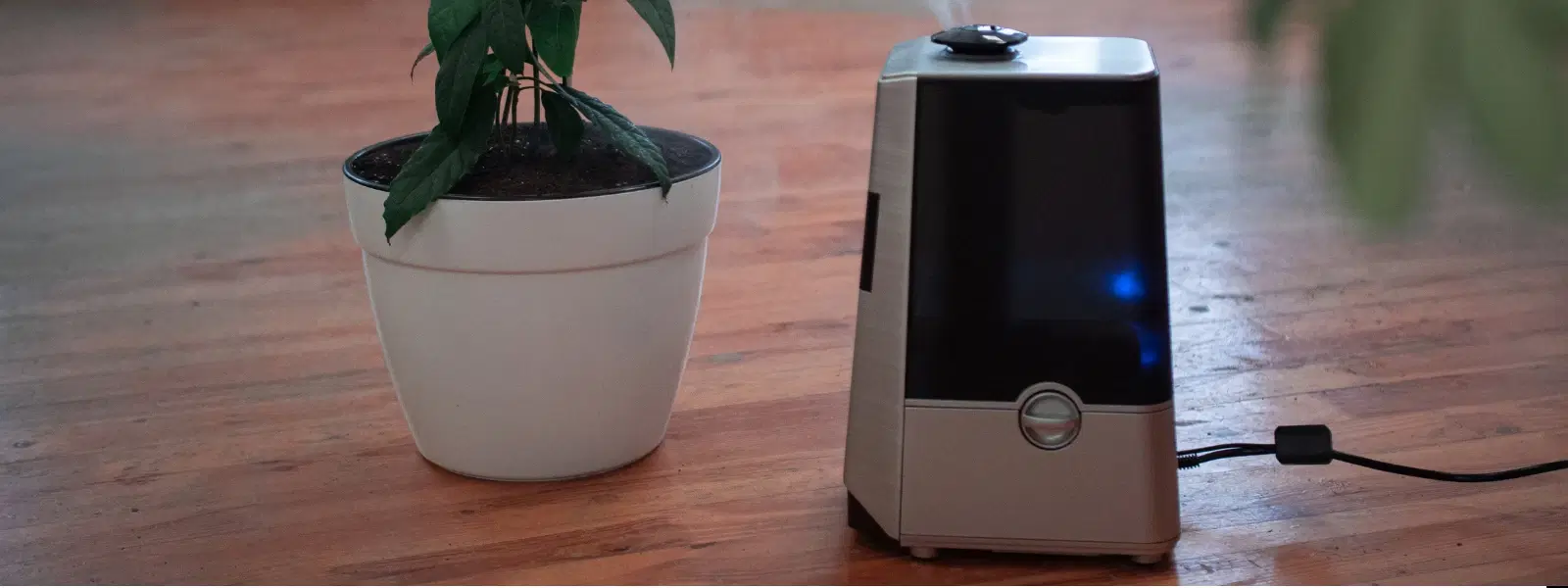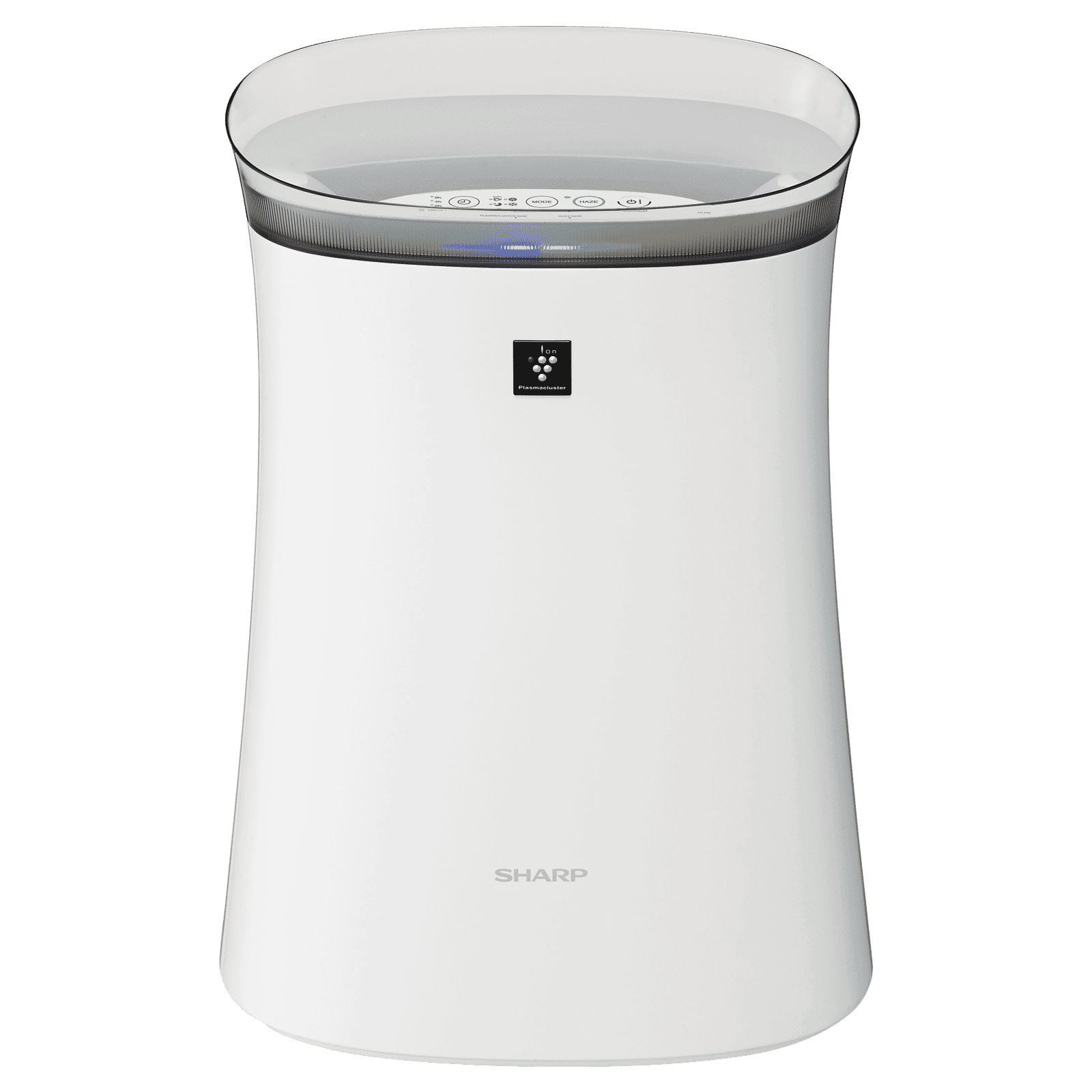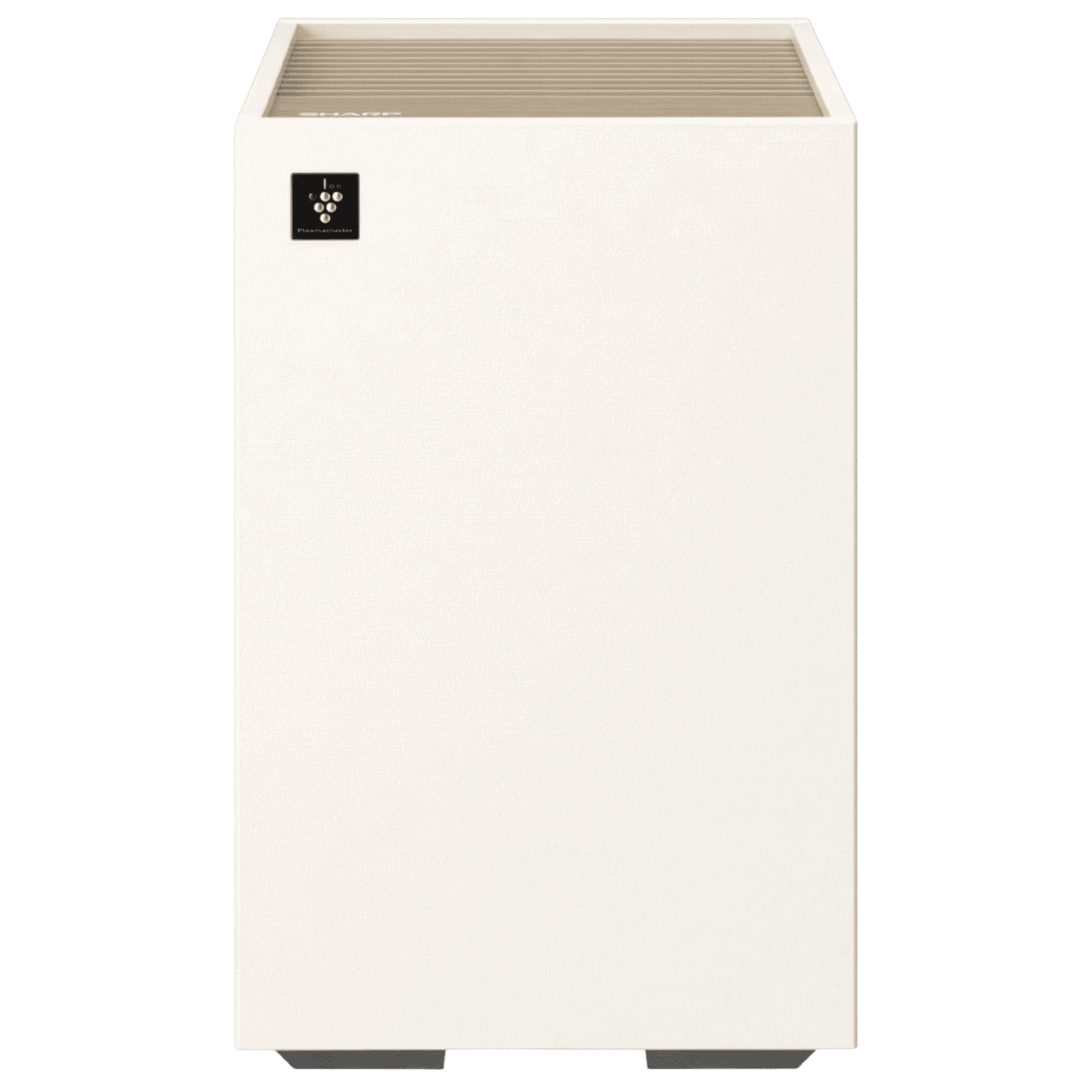
Home Appliances
•04 min read

Buy SHARP FP-F40E-W Air Purifier with Plasmacluster Ion Generator (Haze Mode, White) online at best prices from Croma. Check product details, reviews & more. Shop now!
Imagine breathing cleaner air every day, free from allergens, dust, and unpleasant odours. Many households have embraced air purifiers, hoping to transform indoor spaces into havens of pure, refreshing air. But do air purifiers really work? In this blog, we answer the most frequently asked questions, explain how these devices operate, and present their benefits and limitations so that you can make an informed decision for your home.
Air purifiers operate by filtering the air to remove various pollutants. The core technology typically involves HEPA filters, activated carbon layers, and sometimes ionisers. HEPA filters are particularly popular as they are capable of capturing up to 99.97% of particles as small as 0.3 microns, which include pollen, dust, pet dander, and even some bacteria. Activated carbon filters help in eliminating odours and harmful gases by absorbing airborne chemicals. Some models might also harness ultraviolet light to neutralise certain pathogens.
There are several types of air purifiers available, each designed to address specific concerns. HEPA-based systems are ideal for those battling allergies and asthma as they efficiently capture fine particles. UV air purifiers use ultraviolet light to tackle bacteria and viruses, though their effectiveness can vary. Activated carbon purifiers excel at removing unwanted smells from cooking, pets, and smoke. Additionally, hybrid models combine multiple technologies, ensuring broader protection for households with diverse needs. By understanding how these systems work, you can better assess which option aligns with your requirements.
Air purifiers offer several tangible benefits that contribute to a healthier living environment. Cleaner air can lead to improved sleep, enhanced overall comfort, and fewer respiratory issues. Families looking to reduce allergens such as pollen and pet dander, or those exposed to unwanted odours, often find significant relief after using these devices. For individuals with pre-existing respiratory conditions, a well-chosen air purifier can make a notable difference.
Effectiveness depends on various factors including the size of the room, the quality of the filter, and where the purifier is placed. For instance, a purifier with a robust HEPA filter in a small or adequately sized room can swiftly reduce pollutants, while a larger space might require a more powerful unit. It is important to note that while these machines excel at capturing particles like dust and allergens, they are not designed to remove carbon dioxide or certain viruses unless equipped with specialised filters. This balanced view helps in setting realistic expectations for their use in everyday life.
Yes, air purifiers equipped with HEPA filters are very effective at capturing fine dust particles and common allergens. In homes with high dust levels or limited air circulation, additional measures such as regular cleaning might be needed to complement the purifier’s efforts.

Buy SHARP FP-S40M-W Air Purifier with Remote Control (Plasmacluster Ion Technology, Off White) online at best prices from Croma. Check product details, reviews & more. Shop now!
Many air purifiers include activated carbon filters that work well to eliminate odours from pets, cooking, and smoke. However, in cases of persistent odours caused by issues like mould or chronic moisture, an air purifier might need to be paired with other solutions.
Weighing the cost and benefits is essential. For households with severe allergies, asthma, or those who live in heavily polluted urban centres, the improved indoor air quality provided by air purifiers may indeed be worth the investment. Remember, though, that effectiveness highly depends on selecting a model suited to your room size and specific concerns.
One of the primary advantages of air purifiers is the promise of cleaner air and a noticeable reduction in allergens, which can lead to better respiratory health and improved sleep quality. Families, especially those with young children or individuals prone to allergies, can experience a decrease in symptoms related to airborne pollutants. These benefits work together to create a more comfortable and healthier living space.
While air purifiers offer many benefits, there are a few considerations to keep in mind. The initial investment in a high-quality unit and the recurring expense of filter replacements can add up. Additionally, despite their strengths, these devices cannot address every aspect of indoor air quality such as humidity control. It is also worth noting that some models generate noise during operation, so it is important to choose a unit that balances efficiency with quiet performance.
Selecting the right air purifier involves evaluating several factors. Begin with your room size to ensure the capacity of the purifier is adequate. Consider the types of pollutants most concerning to you, whether they are dust, pet dander, smoke or odours. Maintenance requirements and the cost of filter replacements are also important factors, as they contribute to the long-term viability of your investment.
For those on a budget but still keen to improve indoor air quality, there are many models that balance affordability with advanced filtering technologies. Households with pets, smokers, or high sensitivity to allergens may benefit from more robust systems that offer faster air cleaning and support for larger spaces.

Buy HAVELLS Meditate AP 250 Smart Air Purifier with Remote Control (Alexa & Google Home Enabled, Silver Satin) online at best prices from Croma. Check product details, reviews & more. Shop now!
Insight Corner: "Did You Know?"
HEPA filters can capture up to 99.97% of particles as small as 0.3 microns, including pollen, dust mites, and even some bacteria. This feature highlights why they are so effective in significantly improving indoor air quality.
Yes, air purifiers can significantly reduce airborne pollutants such as dust, allergens, and odours, leading to noticeably cleaner indoor air. Their effectiveness, however, depends on the model and how it is used.
Air purifiers are effective when chosen based on the specific needs of your space. Appropriate filters and correct placement in enclosed areas maximise their performance.
Disadvantages include the initial cost, ongoing expense of filter replacements, and their limited scope in addressing all air quality factors. Some models may also produce noticeable noise during operation.
It is worth considering if you suffer from allergies, asthma, or live in an area with compromised air quality. Evaluating your specific circumstances and budget will help determine if an air purifier is a prudent investment.
Choosing to enhance your living space through the use of an air purifier can be a positive step toward a healthier home. While these machines have certain limitations, their benefits in reducing allergens, dust and unpleasant odours often outweigh these challenges. The key lies in understanding how air purifiers work, analysing the size of your space, and selecting a device that fits your specific needs.
Much like the seamless shopping journey and tangible benefits such as NeuCoins rewards on Tata Neu, selecting the right home appliance is all about making informed choices that add value to your everyday life. Whether you are a tech enthusiast or a family focused on well-being, the modern air purifier is designed to enhance your environment and overall health. Discover the difference clearer air can make to your life, and enjoy the peace of mind that comes from a well-cared-for home.